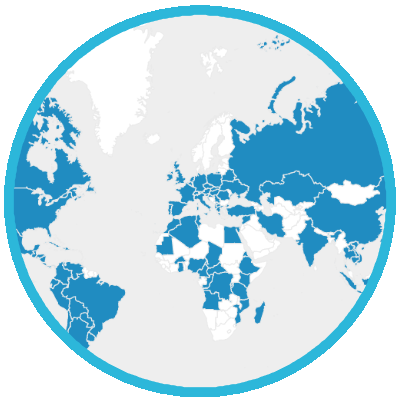We Cannot be Silent! Mutuality and Interdependence: How we have dealt with these concepts. (Part1)
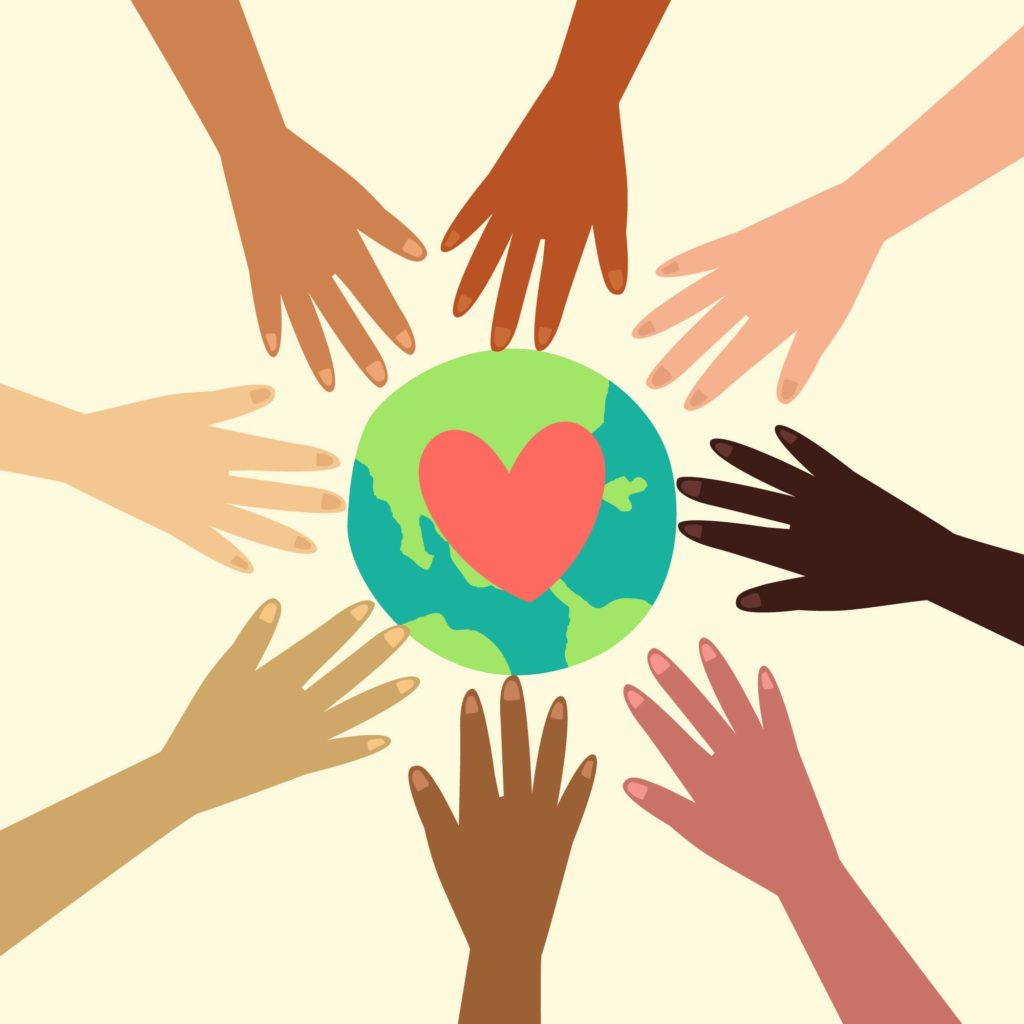
In an age of extremism, ethical tensions, civilizational clashes, and the use of religion to justify unspeakable terror, humanity finds itself once again in the red zone. Observing what is happening around us, in both the body politics and the economic zones, the centrality of the common good and focus on human dignity seems to be fading. Too often markets serve those who pay, but what of those who cannot pay? As so tragically demonstrated by the Covid-19 global pandemic which is currently ravaging our world, we witness the most vulnerable paying the heaviest price. We are at a crossroads and there is much paralysis and fear all around. At a time of so much turmoil, HOPE matters and we cannot live without it. This time teaches us that HOPE is not a wish. It is a course of action, a combination of mind and heart. We are in this together. How, then, do we move on from this place of fear or even paralysis? Again, we are invited to return to the Visitation encounter:
“Afterward, Mary moved from fear (Will they drag me to the stoning place?) to pain. (Will Joseph doubt my faithfulness?) to trust (I fear no evil – Thou are with me.) and back again to fear. ‘I must go to my cousin,’ she said, and set out in haste for Judea.
And as her feet unraveled the warp and woof of valleys and hills, darkness and days from Nazareth to Elizabeth, Mary busily wove the heart of her son.”
The vision of the writers of the Sustainable Development Goals was for a world which would embrace the dignity of difference and recognise the importance of interdependence and connectedness. Independence comprises many dimensions and recognizes that “when we try to pick out anything by itself, we find it hitched to everything else in the universe.”

As the global pandemic has highlighted, the world we inhabit today with our new system of global networking and means of communication offers us the privilege to live in dialogue with our brothers and sisters from all continents, knowing that the chain which connects the human family has the strength of its most fragile link, and therefore, human distress, wherever it occurs, must concern us all.
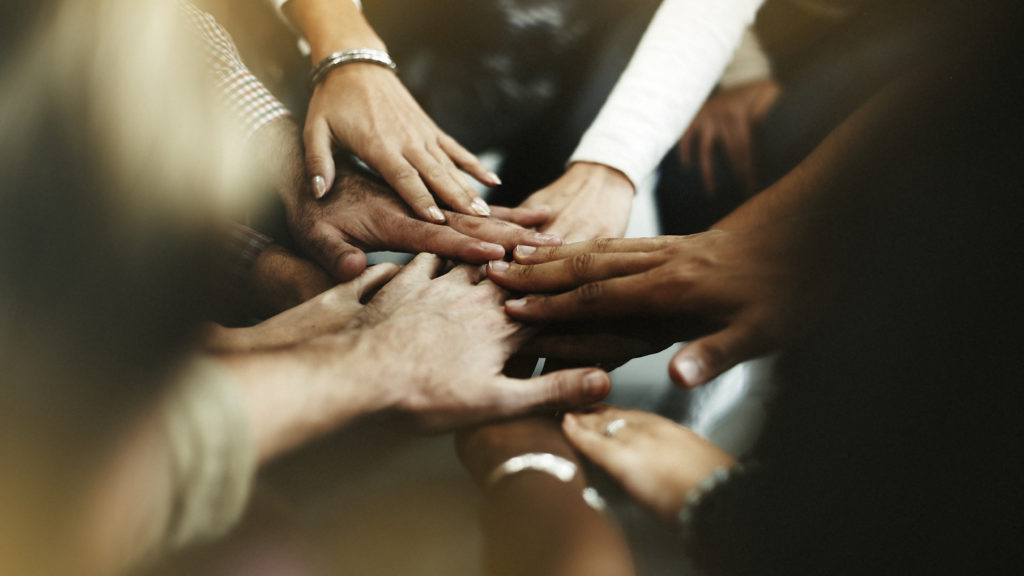
Throughout most of our histories and until very recently, most people lived their lives surrounded by others with whom they shared a faith, a tradition, a way of life, a set of rituals and narratives of memory and hope. Under such circumstances, it was possible to believe that our truth was the only truth, our way the only way. Outsiders were few; dissidents fewer still. That is not the situation today. We live in the conscious presence of difference. In the street, in the workplace, on the television, in our schools and communities, we are constantly encountering cultures, ideas, and ideals very different from our own.
The question is; Have we embraced these differences? Or have we ignored or tried to mould the “other” in our midst into something more familiar?
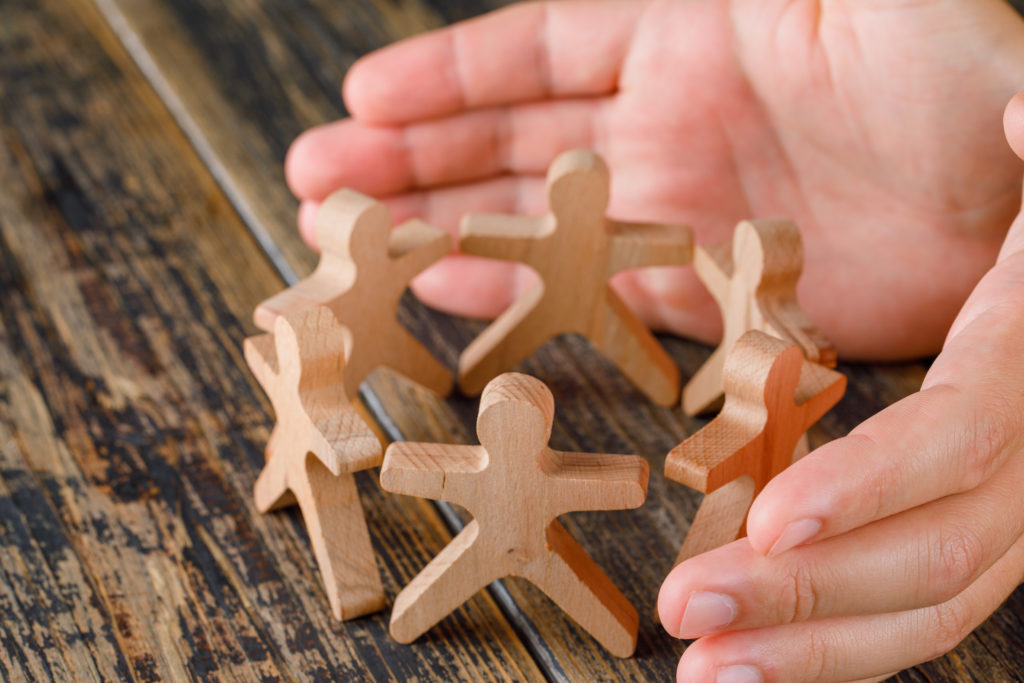
Other articles
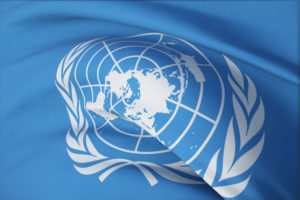
Human Trafficking: “The open wound on the body of our contemporary society”
According to Pope Francis, “Human trafficking is an open wound on the body of contemporary society, a scourge upon the body of Christ. It is
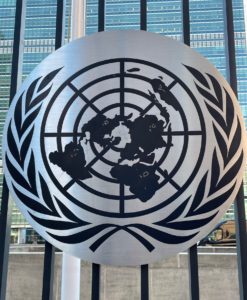
Leave no one behind
“Leave no one behind” has become the moto, the focus of every meeting at the United Nations. The phrase reminds
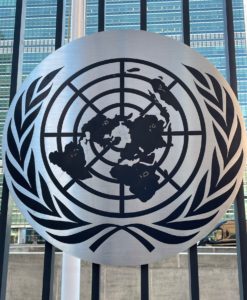
Be the change you want to see in the world!
Blessed Easter Season to each of you! It is certainly a busy time around the UN, as more and more
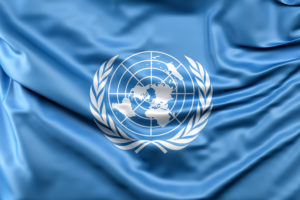
Mending Blessing
O my friend, take heart. The work of repair is aching in its slowness and beautiful in the inches by


